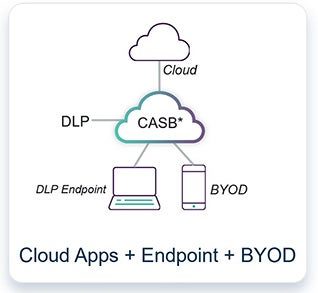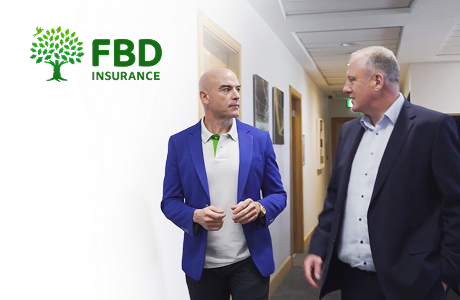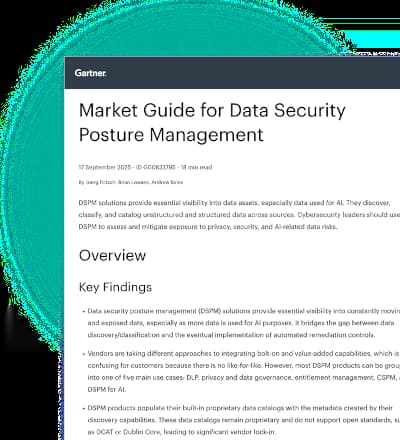Data Security Everywhere: Unified Control Across Endpoints, Cloud Apps and Unmanaged Devices
Post #1 in our Data Security Everywhere blog series
0 minuti di lettura

Corey Kiesewetter
Today data is everywhere – on our laptops, phones, tablets and in the cloud. And with the acceleration of cloud adoption due to distributed workforces, more and more data is being stored outside of the traditional corporate network. This presents a new challenge for businesses: How to ensure that their data is secure, no matter where it is.
From traditional security to unified control
The traditional approach to digital security has been to focus on securing the perimeter using technology like firewalls and intrusion prevention systems to keep unauthorized users out. Typically, only large enterprises even attempted to implement Data Loss Prevention (DLP) technology at scale, and even here it‘s often typically focused on endpoint DLP. The problem? This approach is no longer enough.
With the rise of cloud apps, data is no longer confined to the corporate network. In fact, more and more organizations are taking a cloud-first approach: storing and using data primarily in cloud apps – even going so far as to prevent downloading onto laptops. Business data is also being accessed from personal devices, such as laptops and smartphones. This means that there are many more potential points where sensitive data could leave the organization.
This is why it is so important to have consistent data security controls across all these different avenues that data can traverse. If you take a piecemeal approach, then you end up with inconsistency – different DLP engines across different channels (such as email, endpoint or in the cloud) can result in low efficacy and cause fragmented visibility and ineffective controls.
To effectively secure data in today’s environment, businesses need to take a unified approach to data security. This means going beyond just access security to using security solutions that can scan and consistently protect data across all devices, applications and cloud services. This approach also entails blocking inappropriate movement or sharing of sensitive data – not just raising the alarm after the sensitive data is gone.

Benefits of unifying data security across channels
Unifying data security across your endpoints and cloud apps enables you to:
- Increase productivity by removing obstacles to cloud access from both managed devices and BYOD
- Cut costs by eliminating redundant, fragmented solutions with ineffective controls
- Reduce risk by preventing data loss in cloud apps and on endpoints, protecting customer data and your brand reputation
- Streamline compliance by using a pre-built library of 1,700+ templates for industry and regional regulatory requirements across SaaS apps and endpoint devices
If you are looking to improve your data security, check out this quick demo video showing the effect of a unified solution for securing sensitive data across managed endpoints and cloud apps and see what Forcepoint can do for you.

Corey Kiesewetter
Leggi più articoli di Corey KiesewetterCorey Kiesewetter is Forcepoint’s Sr. Product Manager for cloud security products, with a focus on data security and Zero Trust. Corey has been directly helping IT practitioners realize best practices in datacenter operations the past decade and holds a degree in Philosophy from the University of Texas.
- Data Security Everywhere
Nell'articolo
 Data Security EverywhereLearn More
Data Security EverywhereLearn More
X-Labs
Ricevi consigli, analisi e notizie direttamente nella tua casella di posta

Al Punto
Sicurezza Informatica
Un podcast che copre le ultime tendenze e argomenti nel mondo della sicurezza informatica
Ascolta Ora








